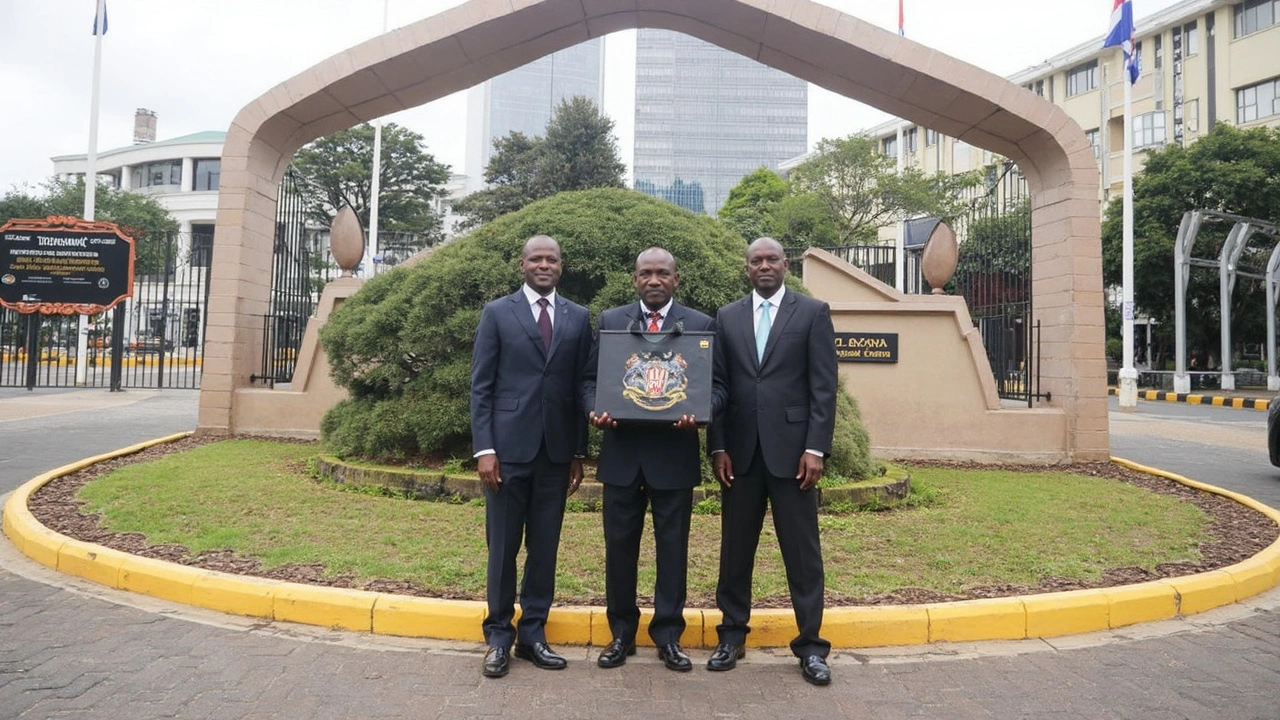Kenya Budget: Breaking Down What It Means for You
Wondering how Kenya's latest budget affects everyday life? The budget sets the plan for the country’s income and expenses, guiding what the government spends on roads, schools, health, and more. Every year, this plan shapes the economy and decides which projects get the funding they need.
So, what's new in this year's Kenya budget? First off, there's a big focus on boosting the economy through infrastructure and job creation. Roads and energy projects get a good chunk of the cash, aiming to connect more people and power businesses across the country. This means better transport and electricity access could be on the horizon.
Who Benefits and How?
You've probably heard about social programs in the news. The budget increases support for health and education, helping schools and hospitals improve. If you depend on government services, expect some changes to come your way soon.
Business owners and farmers also have a role here. The budget includes measures to ease taxes and provide support, hoping to encourage investment and improve food production. If you're running a small business or working in agriculture, look out for new opportunities backed by these plans.
Challenges and What to Watch
Of course, budgets aren’t without challenges. Kenya faces debt levels and inflation that need careful handling. The government is balancing spending with borrowing limits to keep the economy stable. It’s a tightrope walk that affects prices and the value of the shilling, which directly impacts what people pay for goods daily.
Keep an eye on government announcements and community meetings to see how the budget rolls out in your area. Being informed will help you understand if projects will improve your neighborhood or what changes might come to local services.
In short, the Kenya budget is more than just numbers—it's a blueprint for the country's future. Knowing the ins and outs helps you stay ahead and make sense of news headlines about economic growth, taxes, or public spending. Stay connected and keep questioning—this budget impacts all Kenyans, including you.
Kenya's 2025/26 Budget Puts Healthcare Front and Center as Education and Sports Face Cuts
Kenya's new budget directs a record Sh138.1 billion to healthcare, stepping up investment in primary care and addressing intern and staff concerns, but trims funding for education and sports. The military secures a Sh13 billion boost, signaling a stark shift in national priorities as the Treasury balances rising healthcare needs with growing security expenditures.

